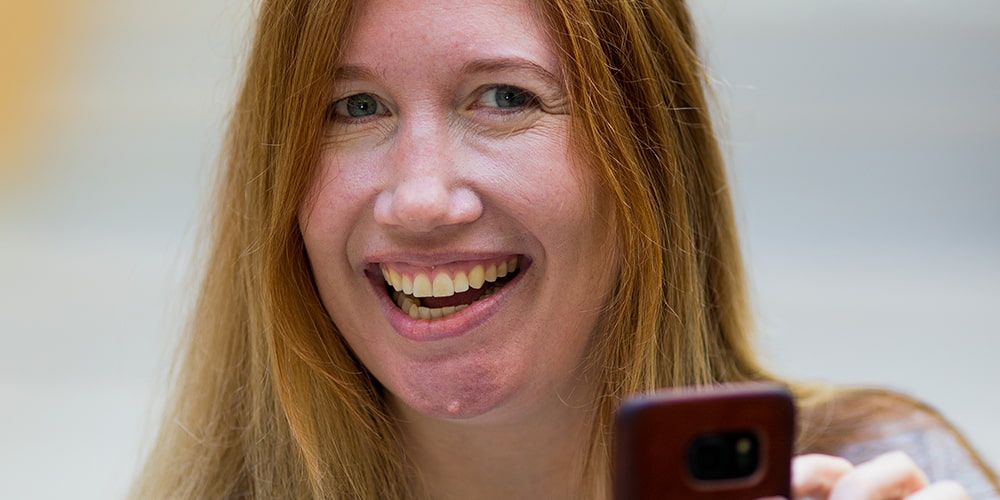The 'COVID-19' coronavirus started as an outbreak in Wuhan, China. Sooner than later, it infected many in the region, becoming an epidemic.
The world started to take notice, bracing themselves because soon, a pandemic was certainly going to happen. Then there it was, when the COVID-19 pandemic finally plagues the world, many governments were forced to brainstorm strategies to balance between the safety of its citizens by urging physical and social distancing, and letting people work, in order to keep the economy going.
As human beings, the advantage is that the society coped by learning.
Vaccines were then developed and distributed, and later, as parts of the world started seeing a decrease in number of COVID-19 cases, companies are starting to open the doors to their offices, and started asking employees to return to work.
After more than a year working from home, many employees think that remote work is simply more productive.
But according to Jaime Teevan, Ph.D., Microsoft's Chief Scientist for Experiences and Devices, that kind of work is not sustainable.

Learning from conducting its business when COVID-19 was at its worst, Microsoft realized that there is an absolute and even divide over which work location is more productive.
"Probably the biggest thing that comes out of the data is just how different the experience has been for each person," said Teevan.
"You look at the people who are really excited about remote work. We see that 58% of those people really value remote work because it allows them to focus."
This is because employees managed to get their daily tasks done just as well from their living rooms as from the office.
Microsoft's study suggests that at least for those people without child care, health or other challenges, productivity actually increased when they started working at home and away from the office.
According to Teevan, "a lot of the things that sustain us are the ability to take breaks and take care of ourselves, the ability to connect with people and build relationships. And even the ability to brainstorm and innovate and think about new things."
"We have developed a ton of empathy this past year for what it means to be working from home."
What this empathy means to Microsoft is that, the company can do more to include remote workers in meeting.
"It's a great way, actually, for people to be included. Women are more likely to be using in-meeting chat...people who are less likely to take the floor in a meeting will use the side-chat."
With the advances of technology, Microsoft has learned a lot in the year surviving COVID-19. But the thing is, working remotely can hamper things, and this is experienced by some people.
"We're seeing that people while working remote are able to be very productive," she said. "Like, we're getting a lot of stuff done, but not necessarily in a way that's sustainable."
In a long term, Teevan suggested that going back to the office is more about innovation and collaboration.
"Without intervention, the effects we discovered have the potential to impact workers' ability to acquire and share new information across groups, and as a result, affect productivity and innovation," said Microsoft. "Based on previous research, we believe that the shift to less 'rich' communication media may have made it more difficult for workers to convey and process complex information."
For employees whose job is to write, for publishers and a number of content creators, for example, the pandemic posed no problems to their productivity. To them, working remotely may mean nothing new, and the pandemic does not hamper their productivity, and may actually improved it.
Some employees in this category may rather quite than being forced to return to their fine corporate location.
But for people whose job is to create fresh new ideas by collaborating with team members, remote work may translate to high stress and reduced productivity. Most of the time, it's a lot easier to convey information and solve a problem by meeting someone in person to debate and argue, than seeing them on the screen and hear them speak through the microphone.
Because of this, companies may have to try to balance what suits every single individual.
Microsoft CEO Satya Nadella called this ability of remote work to simultaneously improve heads-down productivity and harm creativity the hybrid work paradox.
"Our new data shows there is no one-size-fits-all approach," Nadella said.
Further reading: 'Flexibility Is What People Desire' And 'Care Is The New Currency'